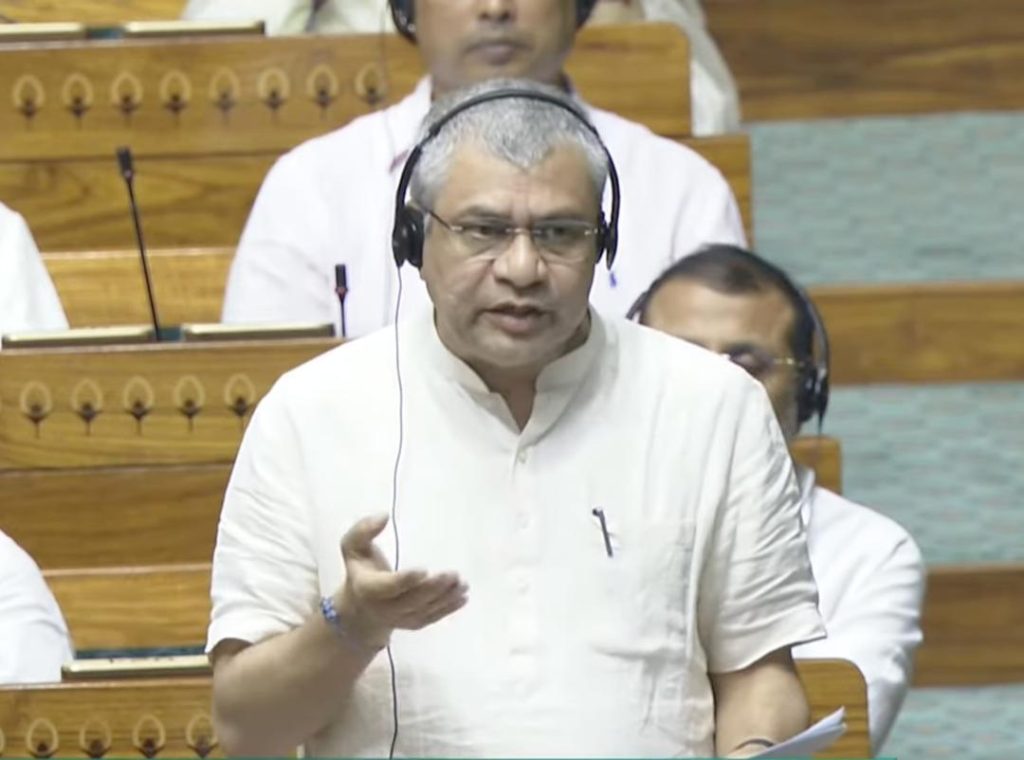
Between our revenue & middle-class families, PM chose families: Vaishnaw on Gaming Bill
In a recent development, Union Minister Ashwini Vaishnaw introduced the Promotion and Regulation of Online Gaming Bill 2025 in the Lok Sabha, highlighting the Prime Minister’s commitment to protecting the interests of middle-class families over government revenue. The bill aims to ban real-money and gambling games, with Vaishnaw emphasizing its need to save society from “bad elements”.
The bill, which was passed on Wednesday, has been met with mixed reactions from the public and experts alike. While some have hailed it as a step towards protecting vulnerable individuals from the ill-effects of gambling, others have criticized it for being overly restrictive and potentially harming the online gaming industry.
Vaishnaw’s statement, however, suggests that the government’s primary concern is the well-being of middle-class families, who are often the most affected by the proliferation of real-money and gambling games. By choosing to protect these families, the Prime Minister is demonstrating his commitment to ensuring that the benefits of economic growth are shared equitably among all segments of society.
The decision to ban real-money and gambling games is not a new one. In recent years, several countries have taken similar steps to regulate the online gaming industry and prevent the exploitation of vulnerable individuals. However, the Indian government’s move is significant, given the country’s growing online gaming market and the potential for real-money games to create new revenue streams.
The bill’s focus on protecting middle-class families is also reflective of the Prime Minister’s broader vision for economic development. By prioritizing the interests of these families, the government is seeking to create a more inclusive and equitable society, where the benefits of economic growth are shared by all.
One of the key concerns surrounding the bill is its potential impact on the online gaming industry. Many experts have argued that the ban on real-money games could lead to a decline in the industry’s growth, potentially resulting in job losses and a decrease in government revenue. However, Vaishnaw’s statement suggests that the government is willing to make sacrifices in the short term in order to protect the long-term interests of society.
The bill’s passage has also raised questions about the government’s approach to regulating the online gaming industry. While some have welcomed the move as a step towards creating a more responsible and regulated industry, others have criticized the government for being overly heavy-handed.
In conclusion, the Promotion and Regulation of Online Gaming Bill 2025 is a significant development in India’s efforts to regulate the online gaming industry. By choosing to prioritize the interests of middle-class families over government revenue, the Prime Minister is demonstrating his commitment to creating a more inclusive and equitable society.
The bill’s focus on protecting vulnerable individuals from the ill-effects of real-money and gambling games is also reflective of the government’s broader vision for economic development. As the online gaming industry continues to grow and evolve, it is clear that responsible regulation will be essential to ensuring that its benefits are shared by all.
Sources:
https://youtu.be/qOIqYpwYOi8






